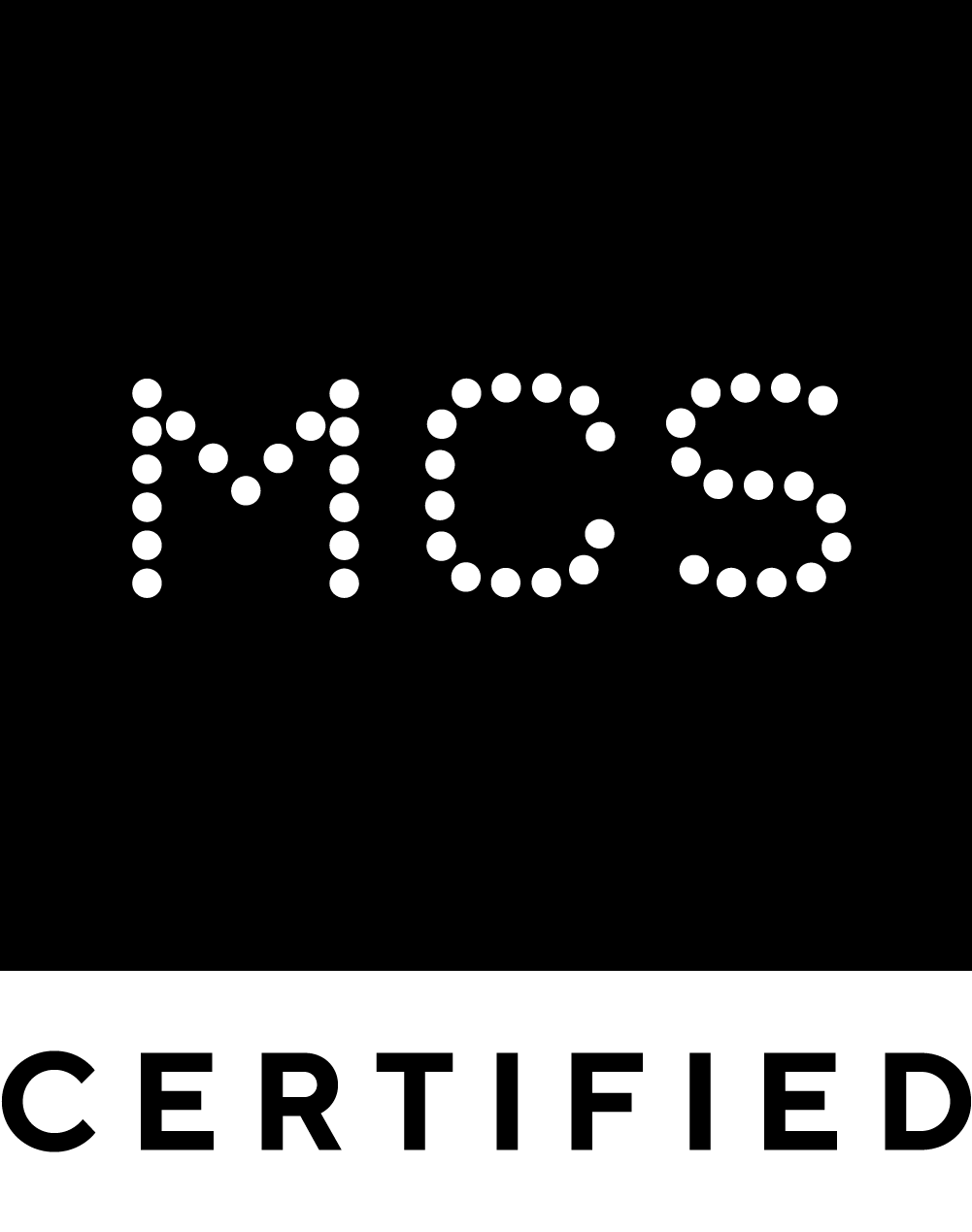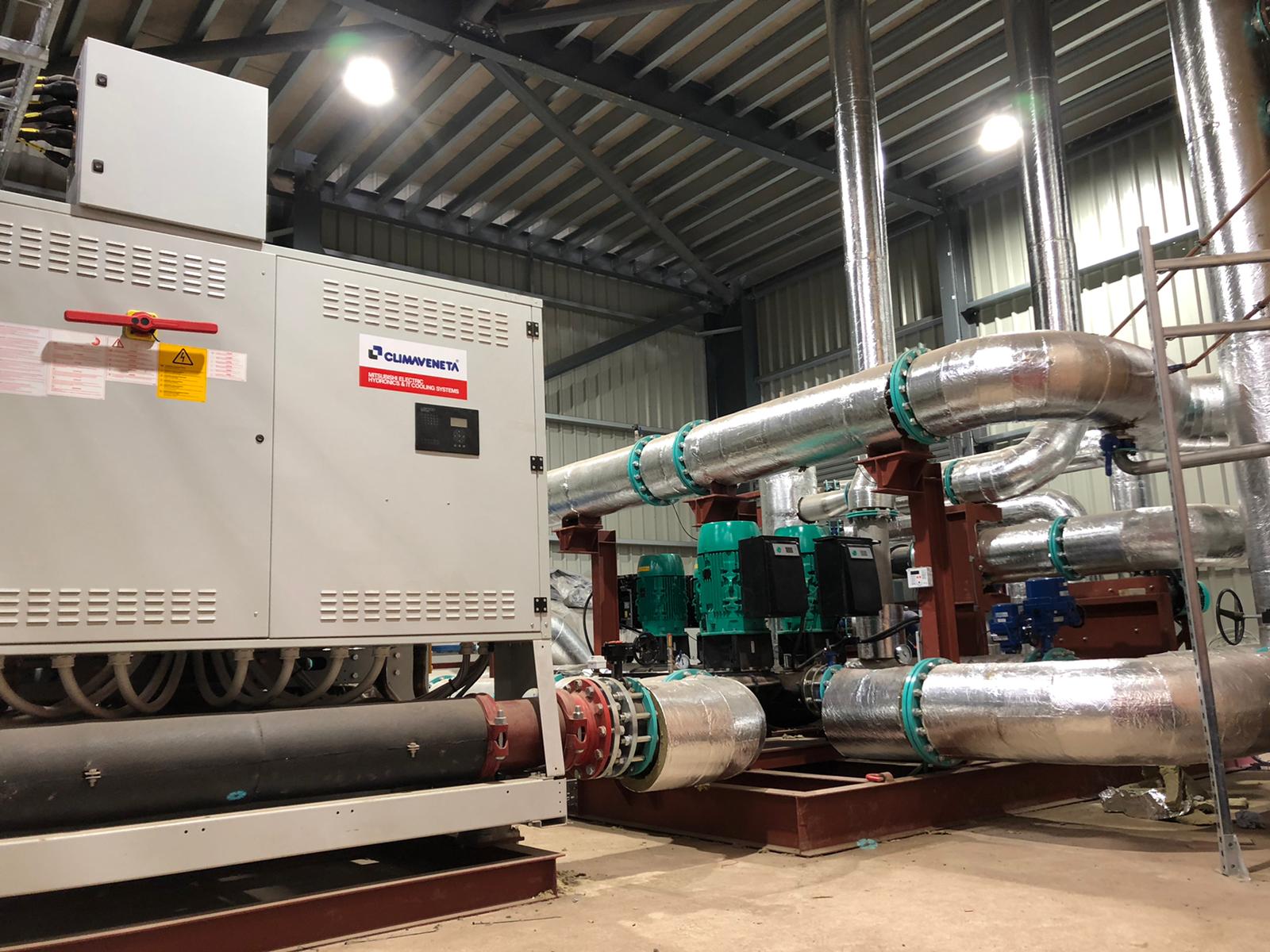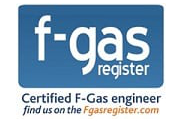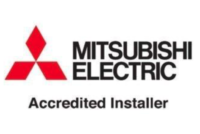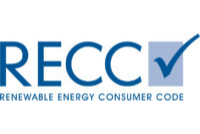Healthcare
Energy is a critical enabler of healthcare services, supporting the operation of medical facilities, powering essential equipment, and facilitating medical research.
The healthcare sector is increasingly focusing on energy efficiency and sustainability measures to reduce energy consumption, lower operating costs, and minimise environmental impact. This falls in-line with the Government’s agenda for this and other key sectors to reach net zero.
Adopting energy-efficient lighting systems, heating and chilling systems, HVAC (heating, ventilation, and air conditioning) technologies, and energy management systems to optimise energy use can transform healthcare operations. Renewable energy sources like solar panels and geothermal generate clean energy and reduce reliance on traditional energy sources using fossil fuels.
Education
Energy plays a vital role in supporting educational institutions and facilitating effective teaching and learning.
Accumulatively across the country, they use a significant amount of energy, primarily in the form of fossil fuels. However, there is a growing emphasis on finding alternative energy sources to reduce environmental impacts and move towards more sustainable practices. The Government has set targets for this sector in support of its net zero agenda.
Schools, colleges, and universities require a reliable and uninterrupted energy supply to operate efficiently and consistently to provide a successful learning environment. Energy is needed for lighting classrooms, libraries, and common areas, powering computers and audiovisual equipment, running heating, ventilation, and air conditioning (HVAC) systems, and providing electricity for administrative tasks.
Certified and Accredited
Calibrate Energy is MCS accredited and GSHP Association members.
We have also achieved ISO9001 NQA status.
